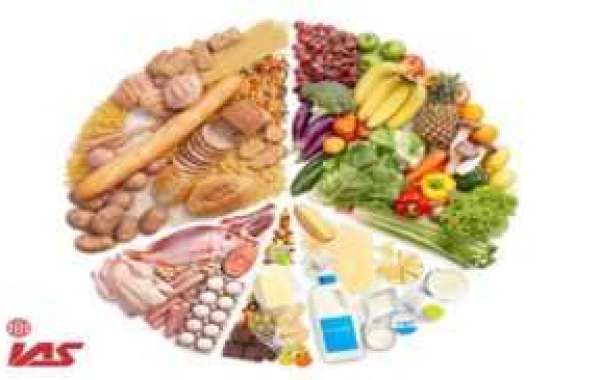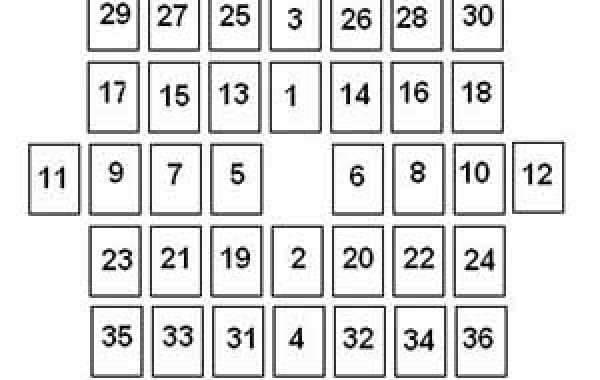For a product to be kosher certified, and to qualify for a kosher certificate, each ingredient, food additive and processing aid used in its production must also be kosher. Additionally, to be kosher certified, the production process must be suitable for kosher requirements and therefore it must be approved by a kosher auditor. Products may be rendered non-kosher if their production lines and equipment are also used to manufacture non-kosher products.
KOSHER DEFINITIONS
MEAT POULTRY
As instructed in the Bible, not all animals and birds are kosher. Common animals that are kosher include: cow, goat and sheep. Common animals that are not kosher include: pig, horse, camel and rabbit. The same applies to birds. Most poultry is kosher. This includes: chicken, turkey, goose and duck.
In order for meat and poultry to be kosher there are additional requirements. These include slaughter in accordance with Jewish law and removal of blood via salting or roasting. This must all be done under strict rabbinical supervision. Retail products containing any animal or poultry derived ingredient are assumed to be non-kosher unless certified by a reputable kosher agency.
DAIRY
Dairy products must come from kosher animals. In countries where the source of milk is guaranteed by civil law (e.g. in the EU and USA), some Jewish authorities allow milk products without full-time kosher supervision. Some communities still require their milk to be fully supervised; and this is known as Cholov Yisroel. Cheese products do not fall under the general dairy category, and require full-time kosher supervision because rennet is often derived from an animal source.
EGGS
Eggs are only kosher if they are from a kosher bird and do not contain any blood spots.
FISH
Kosher fish are species that have fins, and scales that are easily removed. Common examples include: salmon, tuna, sole and plaice. The scales of a sturgeon are extremely hard to remove – hence it is deemed to be not kosher. Common examples of non-kosher fish include: all shellfish, eels, shark, monkfish, huss and catfish. Roe and fish derivatives such as fish oil and gelatine must come from kosher fish.
PAREV
Food that does not contain any meat or dairy ingredients is known as Parev. For a food to be kosher certified as Parev it must also not share production equipment with meat or dairy products when these are produced at a temperature above 40°C. Parev foods may include egg and fish.
On the whole, parev foods present fewer kosher complexities than either meat or dairy foods.
INSECTS
All insects are considered strictly non-kosher. To ensure the absence of insects fruit and vegetables have to be thoroughly inspected and cleaned. Use of pesticides may be insufficient as these may kill the insects but not remove them.
PASSOVER
Every spring, the Jewish people celebrate the festival of Passover for 8 days. During this time Jews may not eat any leaven or fermented food or drink made from the following five grains: wheat, barley, oat, spelt and rye. Jews also may not use dishes, utensils or cookware that have been used for these grains.
Many Jewish communities also refrain from ‘Kitniyot’ during the Passover period. These are legumes or pulses which include corn, soy, rapeseed, peanuts, beans and rice.
KOSHER CERTIFICATION AND COMPLIANCE SERVICES
we offer a complete Kosher audit and certification and compliance program that also covers the following complementary services:
- Gap analysis
- Technical support and advice – for potential practical and in-factory implementation challenges
- Training – face-to-face, online, or using a blended approach our modular courses cover technical, regulatory, national and international Kosher requirements and their practical implementation








